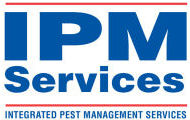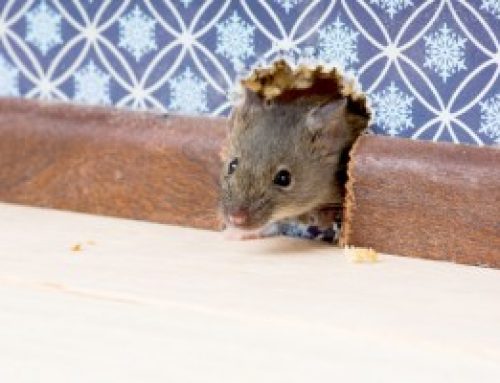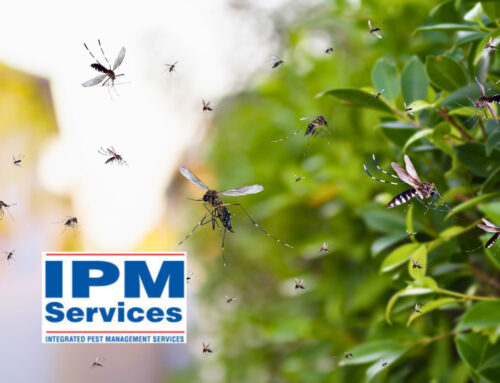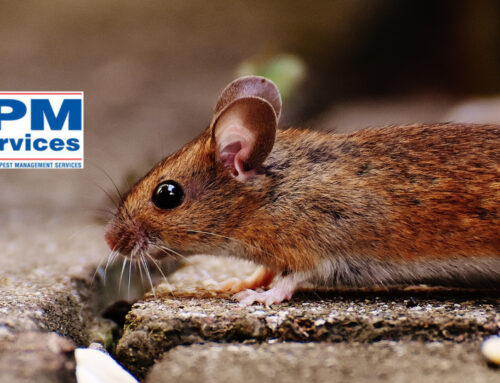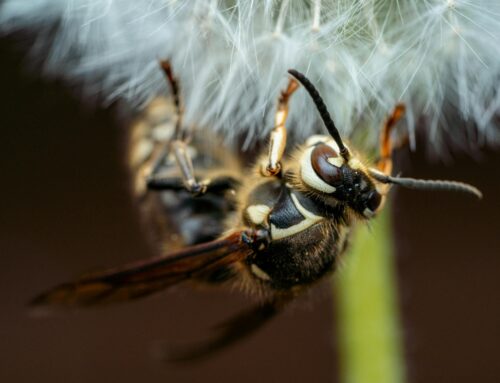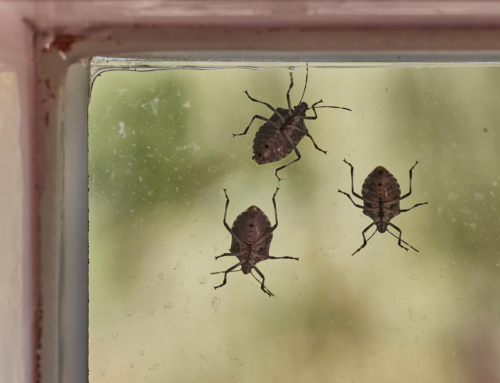Introduction to National Bed Bugs Awareness Week
National Bed Bugs Awareness Week is here, and it’s the perfect time for homeowners, hotels, and property managers to educate themselves on the importance of bed bug prevention and control. This dedicated week shines a spotlight on the significance of being vigilant about these pesky invaders, emphasizing the need for awareness and proactive measures. Bed bugs are more than just a nuisance; they can cause significant distress and financial burden if not managed properly.
Understanding Bed Bugs
Behavior and Habits
Bed bugs are small, wingless insects that feed on the blood of humans and animals. They are notorious for their ability to hide in the smallest of crevices, making them difficult to detect. Typically, bed bugs are nocturnal and come out to feed at night when their hosts are asleep. They can survive for several months without a meal, making them resilient pests.
Common Hiding Spots

Bed bugs can hide almost anywhere, but some of their favorite spots include:
- Mattresses and box springs
- Bed frames and headboards
- Upholstered furniture
- Carpets and baseboards
- Electrical outlets and picture frames
How They Spread
Bed bugs spread primarily through human activity. They hitchhike on luggage, clothing, and furniture, making it easy for them to move from place to place. High-traffic areas like hotels and apartment complexes are particularly vulnerable to infestations due to the constant movement of people and belongings.
The Importance of Early Detection
Early detection of bed bugs is crucial in preventing a minor issue from becoming a full-blown infestation. Here’s why early detection matters:
- Limiting Spread: Catching bed bugs early can prevent them from spreading to other rooms or units, reducing the overall impact of an infestation.
- Cost-Effective: Treating a small infestation is much less costly than dealing with a widespread problem.
- Minimizing Disruption: Early intervention can minimize the disruption to daily life, especially in settings like hotels and apartment buildings.
Integrated Pest Management’s (IPM) Approach to Bed Bug Control
At Integrated Pest Management Services, we understand the complexities of dealing with bed bugs. Our approach combines prevention, monitoring, and control strategies to effectively eliminate these pests. Here’s how we do it:
Prevention
Prevention is the first line of defense against bed bugs. We educate our clients on how to avoid bringing bed bugs into their properties and offer routine inspections to catch potential problems early.
Monitoring
Regular monitoring is essential to detect bed bug activity before it becomes a major issue. We use advanced tools and techniques to monitor for bed bugs, ensuring that any signs of infestation are caught quickly.
Control
Our control strategies are designed to be comprehensive and effective. We use a combination of heat treatments, chemical treatments, and physical removal to eradicate bed bugs from your property. Our team of experts is trained to handle even the most severe infestations, ensuring that your home or business is bed bug-free.
Significance for Different Sectors
Homeowners
For homeowners, National Bed Bugs Awareness Week is a reminder to be vigilant about bed bugs. Regularly inspect your home for signs of bed bugs, especially after traveling. Keep bedrooms clutter-free to reduce hiding spots and wash bedding regularly.
Hotels
Hotels are high-risk environments for bed bug infestations due to the constant turnover of guests. Staff should be trained to recognize the signs of bed bugs and perform regular inspections of guest rooms. Quick action and a solid pest management plan are essential to protect your reputation and avoid costly treatments.
Property Managers
Property managers have a responsibility to ensure that their buildings are free from bed bugs. Regular inspections, tenant education, and prompt treatment of detected infestations are critical. Implementing a comprehensive pest management plan can help maintain a bed bug-free environment.
Q&A Section
What are the signs of a bed bug infestation?
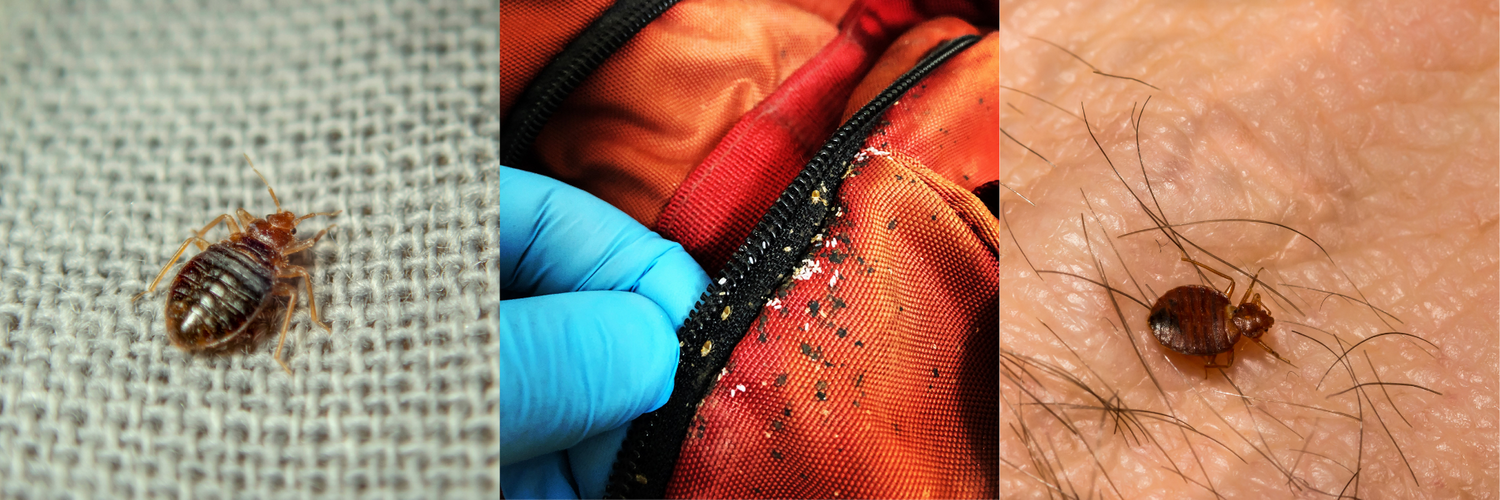
Common signs of a bed bug infestation include:
- Small, reddish-brown stains on sheets and mattresses
- Tiny white eggs or eggshells
- Dark spots of bed bug excrement
- Live bed bugs, which are small and reddish-brown
- Itchy red bites on the skin, often in a line or cluster
How can I prevent bed bugs from entering my home?
To prevent bed bugs:
- Inspect second-hand furniture before bringing it into your home
- Use protective covers on mattresses and box springs
- Reduce clutter in your home to minimize hiding spots
- Be cautious when traveling, inspecting hotel rooms, and keeping luggage off the floor
What should I do if I suspect a bed bug infestation?
If you suspect a bed bug infestation, contact a professional pest control service like Integrated Pest Management immediately. Early intervention is key to preventing a minor issue from becoming a major problem.
Conclusion
National Bed Bugs Awareness Week is a valuable opportunity to educate yourself and take proactive steps in managing bed bugs. Whether you’re a homeowner, hotel operator, or property manager, understanding the importance of early detection and implementing effective pest control strategies can save you time, money, and stress. At Integrated Pest Management Services, we are here to help you every step of the way. Don’t wait until it’s too late—be proactive and protect your property from bed bugs.
For more information or to schedule a consultation, visit Integrated Pest Management Services.
